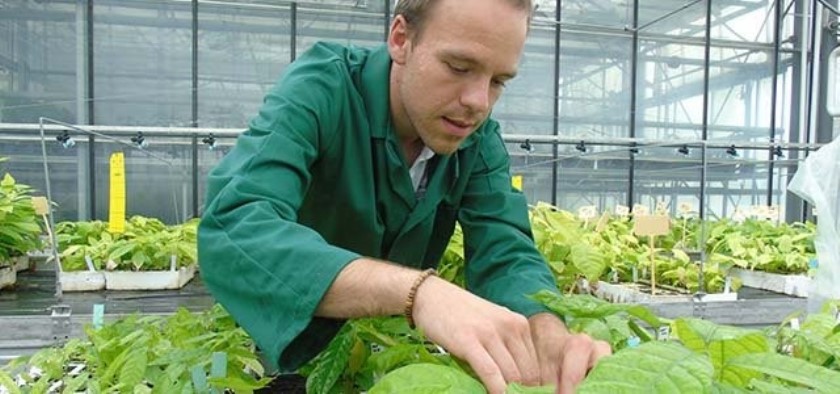Nestlé today announced the creation of the Nestlé Institute of Agricultural Sciences.
The new institute will focus on the areas of plant science, dairy livestock and agricultural systems science. In close collaboration with internal and external partners, it will assess and combine science-based solutions to improve the nutritional and sensorial qualities and the environmental impact of agricultural raw materials.
Said Stefan Palzer, CTO, Nestlé: “Our transition towards a regenerative food system is enabled by agricultural science and new agricultural technologies. The new institute will accelerate the translation of science into concrete solutions that can be implemented at farm level, to support farmers globally in improving their environmental footprint, in reducing food and nutrient losses, and in better adapting to climate change while ensuring the quality of the raw materials they produce.”
The institute builds on Nestlé’s existing work and expertise in agricultural science, with important programs already being implemented. For example, plant science experts have been contributing to the company’s sustainable cocoa and coffee sourcing plans – the Nestlé Cocoa Plan and the Nescafé Plan (pdf, 9Mb) – including with scientific discoveries such as the recently announced high-yield, drought and disease resistant coffee varieties.
Added Isabelle Bureau-Franz, Head of Nestlé Research: “The work in agricultural sciences will complement our broad expertise at Nestlé Research, ranging from food safety to health science, material science and packaging. We will leverage our scientific breadth to drive holistic approaches, contributing to concrete solutions and innovation applied throughout the value chain, including in products.”
The institute will work closely with academic institutions and research organisations, start-ups, industry partners and farmers to assess and develop science-based solutions and adapt them for implementation and scale-up across the company’s supply chain, while having a positive impact on the livelihoods and incomes of farmers. It will rely on new and existing collaborations, such as the research program with ETHZ to reduce the carbon footprint of agricultural products.
Concluded Jeroen Dijkman, Head of the Institute of Agricultural Sciences: “At the institute we will screen a wide variety of science-based agricultural solutions and assess their potential for reducing the environmental footprint of key agricultural raw materials. Together with our research and industry partners we want to bring the most promising approaches and solutions to farmers and contribute to their transition to regenerative practices with scalable and impactful applications.” For more visit nestle.com



